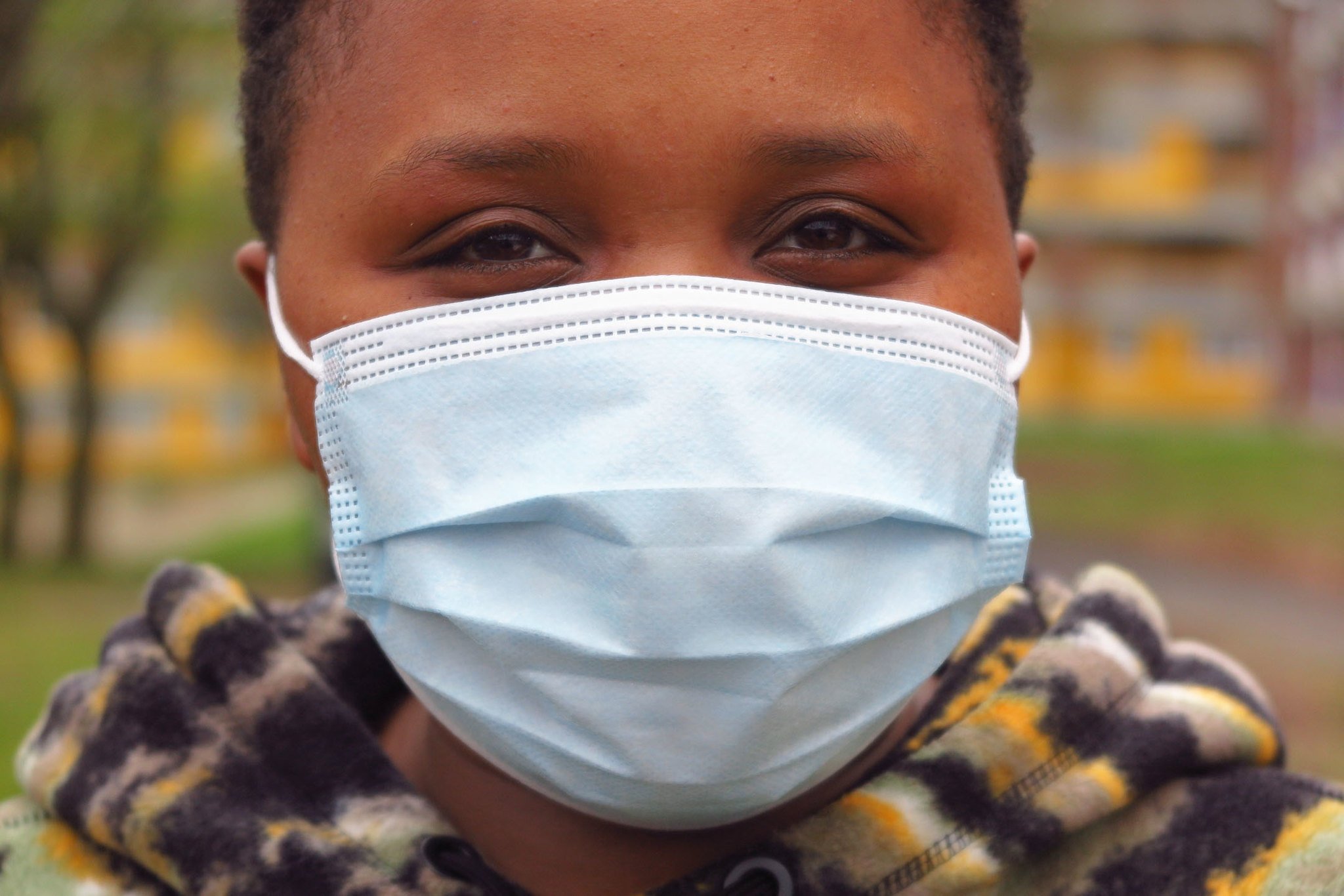
Photo: Tim Dennell
Masking for a friend
Arts venues might lose out by mandating masks and other Covid-19 mitigations but it's the only socially responsible option.
This week's announcement that venues can soon operate at full capacity gave me flashbacks.
It echoed the early days of the lockdown, when Boris Johnson told audiences not to go to theatres but had not issued an order to close, leaving them to hedge their bets or fight with their insurers for cover.
Once again, the Government is relying on "personal responsibility" to keep us safe from Covid-19. With more than 128,000 dead and cases rising, it's hard to say that's worked so far.
And now, without a longed-for insurance scheme, arts organisations are back in the unenviable position of balancing safety with financial sustainability.
Several professional associations say they're waiting to see the Government's official guidance next week before providing their own, mindful that they can't offer a one-size-fits-all solution. SOLT and UK Theatre plan to "strongly encourage" face coverings indoors to build on positive audience sentiment towards safety measures.
Museums have been first out of the gate, with Museums Association and ALVA recommending masks, social distancing, timed entry tickets and extra hygeine procedures, depending on the local context.
It's perhaps simpler for museums to take a firm stand than theatres and concert halls. Visitors can more easily socially distance, food and drink sales are less integral to the experience and, crucially, many are free to enter.
The few theatres that have already committed to masks and other measures after July 19 want to avoid conflict between attendees.
The research isn't reassuring but it is clear: British Theatre found half of theatregoers were reluctant to return to indoor shows where masks and social distancing are optional; the Insights Alliance's tracker shows that a third of audiences say social distancing is essential, with 22% feeling the same about masks.
Much of the sector operates on tight profit margins. Organisations may be unwilling to risk reducing their takings further.
But the sudden cancellation of productions due to Covid-19 cases should remind venues that staff safety and a successful run are not competing aims.
What's more, the sector's committment to equality must extend to the most basic rights of attendance and employment. Wouldn't it be great if disabled and vulnerable people, those locked out of the arts for the longest, were first to be welcomed back?
We should all be masking for a friend.
Join the Discussion
You must be logged in to post a comment.